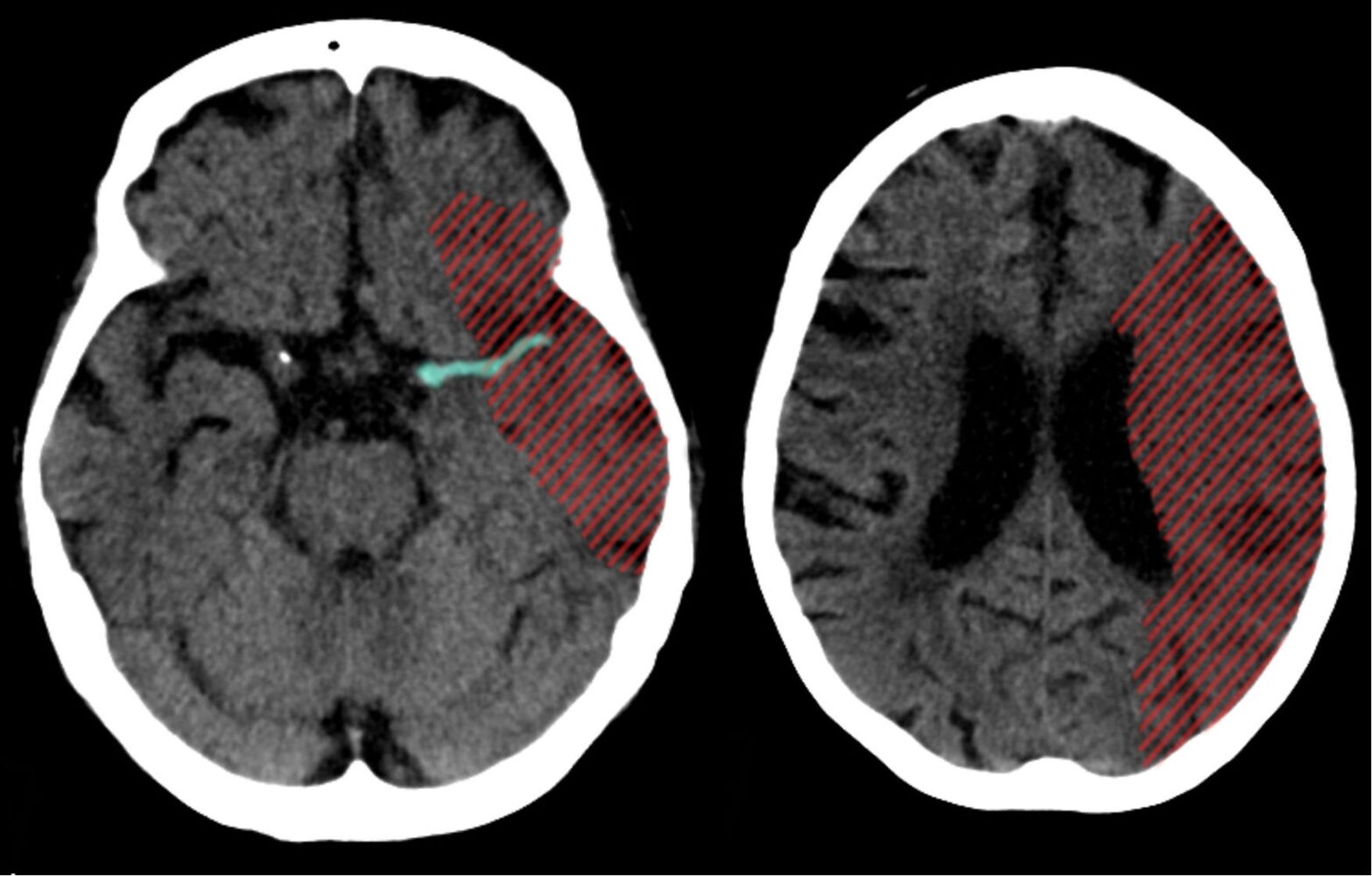Cerebral ischemia-reperfusion injury is caused by producing various toxic substances in the microcirculation of organs and tissues under ischemic conditions when blood reperfusion occurs. This injury can lead to severe brain disorders, death, or varying degrees of disability. Additionally, ischemic stroke is the most common disease associated with cerebral ischemia. Multiple reasons, including external forces, vascular degeneration, and thrombotic or thromboembolic arterial occlusion, can cause brain tissue ischemia. Therefore, timely reperfusion of ischemic brain tissue and restoration of average blood circulation are the keys to treatment. Also, these pathological reactions cause permanent damage if they occur in brain tissue. Hence, inhibition of the above pathological responses is a necessary treatment for brain I/R injury.
On a positive note, Fucoidan, a polysaccharide, is a class of biopolymers with multiple pharmacological activities. It has been proven to have potential uses in the future treatment of brain I/R injuries.
In this article, I would like to introduce the study “Anti-cerebral ischemia-reperfusion injury of polysaccharides: A review of the mechanisms,” by Qianghua Yuan et al., they selected 74 references by sorting out all relevant studies from 2000 to 2020 and identified 22 types. Determined the polysaccharides of most of these polysaccharides are derived from traditional Chinese herbal medicines. However, I have selected only Fucoidan benefits from these studies. These studies have shown that polysaccharides ameliorate cerebral ischemia-reperfusion injury via antioxidant stress, inhibit neuroinflammation, glutamate neurotoxicity, neuronal apoptosis, and exert neurotrophic effects. Specific mechanisms include ROS (Reactive Oxygen Species) and RNS (Reactive Nitrogen Species) scavenging, suppression of inflammatory factor expression, maintenance of mitochondrial homeostasis, blockade of the caspase cascade, regulation of NMDA receptors, and promotion of angiogenesis.
Ischemic hypoxia is a significant cause of brain I/R injury, as the brain is susceptible to hypoxia. Large amounts of ROS are produced during cerebral ischemia and reperfusion. ROS production alters vascular reactivity, damages vascular endothelial cells, and disrupts the blood-brain barrier. In addition, ROS also causes degeneration and damage to cell and organelle membranes by inducing lipid peroxidation of unsaturated fatty acids. Finally, brain tissue damage worsens until death, with brain edema, inflammation, neuronal apoptosis, and increased infarct size. Fucoidan, a water-soluble polysaccharide, shows the effect of scavenging ROS. Fucoidan is also extracted from brown algae (Fucus vesiculosus). Fucoidan has antioxidant stress effects in brain I/R injury rats. Fucoidan (1–50 mg/kg) increased his CAT, SOD, GSH-Px activity, and MDA and 4-HNE activity in the cerebral cortex and hippocampus in rats with impact traumatic brain injury—reduced production.
When ROS and RNS are generated and accumulated in brain tissue induced by I/R, these free radicals activate adhesion molecules, promoting immune cell infiltration and inflammatory responses in the peripheral immune system and central nervous system.
These pro-inflammatory factors exacerbate oxidative stress-induced damage, leading to vasomotor contraction, microvessel occlusion, the release of secreted cytotoxic enzymes, disruption of BBB integrity, and accumulation of ROS and RNS.
Current research indicates that almost all polysaccharides, including Fucoidan and laminarin, inhibit MPO production. MPO (Myeloperoxidase catalyzes the formation of several reactive oxidant species), produced by inflammatory cells, promotes the recruitment of inflammatory cells, release of inflammatory factors, and production of ROS and RNS. Thus, inhibition of MPO expression confirms that polysaccharides ameliorate I/R-induced brain injury by simultaneously inhibiting oxidative stress and inflammation.
Furthermore, upon generation and accumulation of ROS and RNS in brain tissue induced by I/R, these free radicals activate mitochondria, death receptors, and endoplasmic reticulum stress and induce neuronal apoptosis. On the other hand, Fucoidan (1-50 mg/kg) stabilizes mitochondrial membrane potential and inhibits CytC release and intracellular Ca2+ overload by activating sirtuin three expressions in shock-induced traumatic brain injury rats. The study showed that it was able to inhibit neuronal apoptosis by Fucoidan. Also, in the MCAO/reperfusion-induced cerebral injury rats, Fucoidan (80−160 mg/kg) reduced the levels of p-p53 and Bax. It increased the level of Bcl-2 by inhibiting the MAPK signaling pathway, including reducing the levels of p-p38, p-ERK, and p-JNK. In transient global cerebral ischemia/reperfusion-induced obese gerbils, obesity further aggravated pyramidal cell death in the hippocampus CA1 and CA2/3 area, and Fucoidan (50 mg/kg) significantly inhibited the acceleration and aggravation of neuronal death.
In conclusion, it is observed Polysaccharides show great potential in treating brain I/R injury, although further studies are needed to identify additional effects.
Source: Biomedicine & Pharmacotherapy Volume 137, May 2021, 111303
